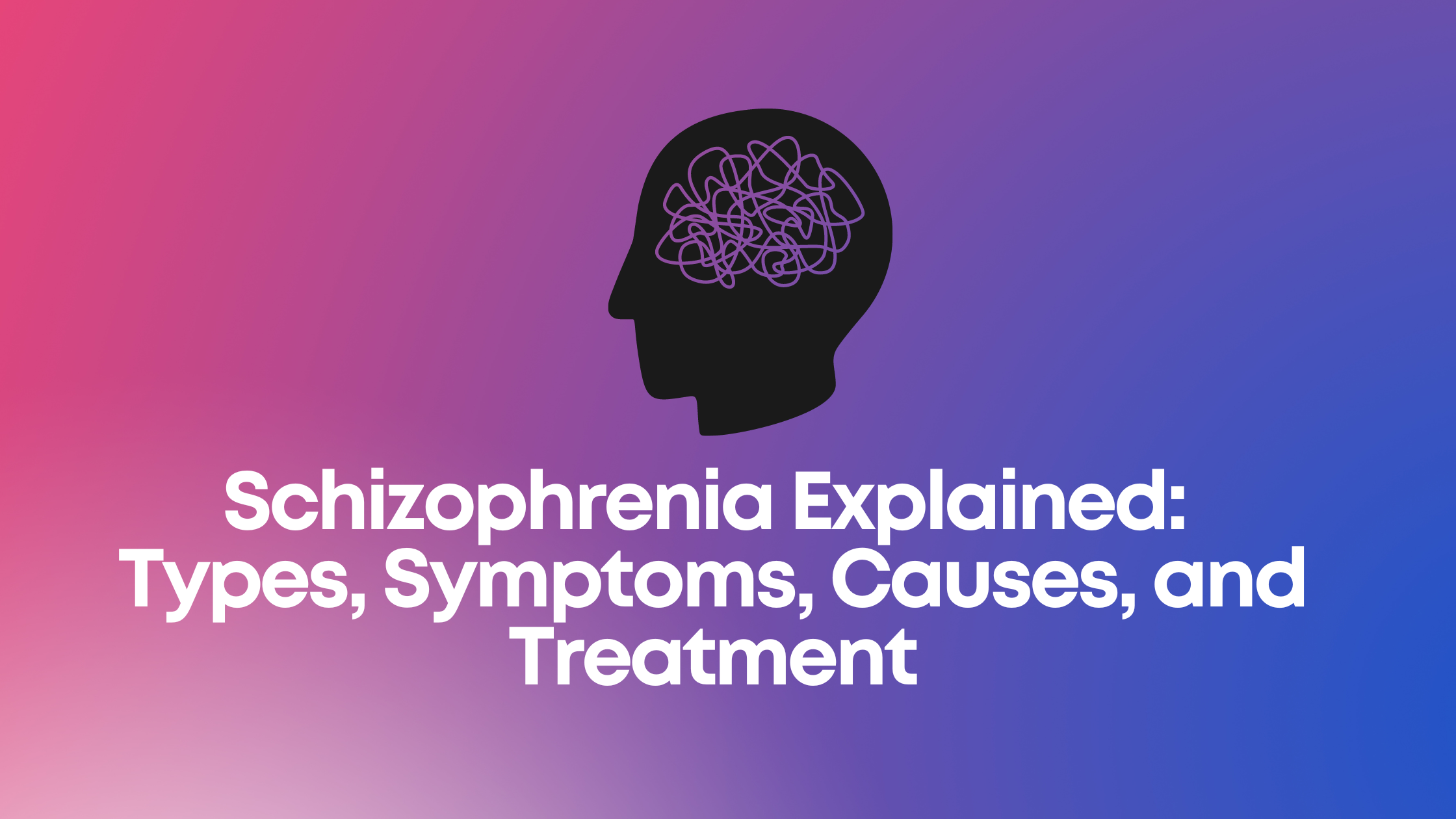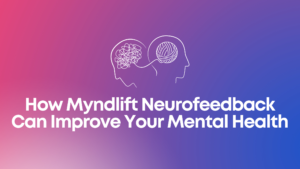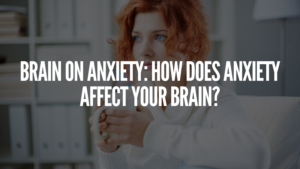Schizophrenia is a mental disorder that causes its sufferers to experience delusions, hallucinations, and other cognitive symptoms. The exact cause of the condition is unknown, but it is believed to be caused by a combination of genetic and environmental factors. There are four main types of schizophrenia: paranoid, disorganized, catatonic, and undifferentiated.
Paranoid schizophrenia is characterized by delusions of persecution or grandeur, while disorganized schizophrenia is characterized by severe disorganization of thought and behavior. Catatonic schizophrenia is characterized by a marked decrease in activity or movement, while undifferentiated schizophrenia is characterized by symptoms that do not fit neatly into any of the other categories.
Symptoms of schizophrenia can be divided into two main types: positive and negative. Positive symptoms are those that represent an excess or distortion of normal functioning, while negative symptoms are those that represent a diminishment or loss of normal functioning.
Common positive symptoms include delusions (false beliefs), hallucinations (seeing or hearing things that others do not), disorganized thinking (thinking that is jumbled or incoherent), and abnormal motor behavior (agitation or odd posturing). Negative symptoms include a flattening of affect (reduced ability to experience emotions), avolition (lack of motivation), anhedonia (reduced ability to experience pleasure), and social withdrawal.
The severity of symptoms can vary greatly from person to person. Some people with schizophrenia may be able to lead relatively normal lives, while others may require hospitalization and intensive treatment. Treatment typically involves a combination of medication and psychotherapy.
Recent advances in our understanding of the brain have led to the development of new, more effective treatments for this condition. “Based on our literature review, research over the past 15 years supports the use of TMS as an safe and efficacious means of treating positive and negative symptoms of schizophrenia, with the most notable body of evidence supporting the reduction of auditory hallucinations,” according to an study published in Innovations in Clinical Neuroscience.
While PsyFi TMS does not treat schizophrenia, our protocols are suitable for depression, PTSD, OCD and anxiety. If you think you or a loved one might benefit from TMS treatment, please reach out to us: info@psyfitms.com or learn more at www.psyfitms.com.




Keep working ,splendid job!
You have explained the types of schizophrenia very well.